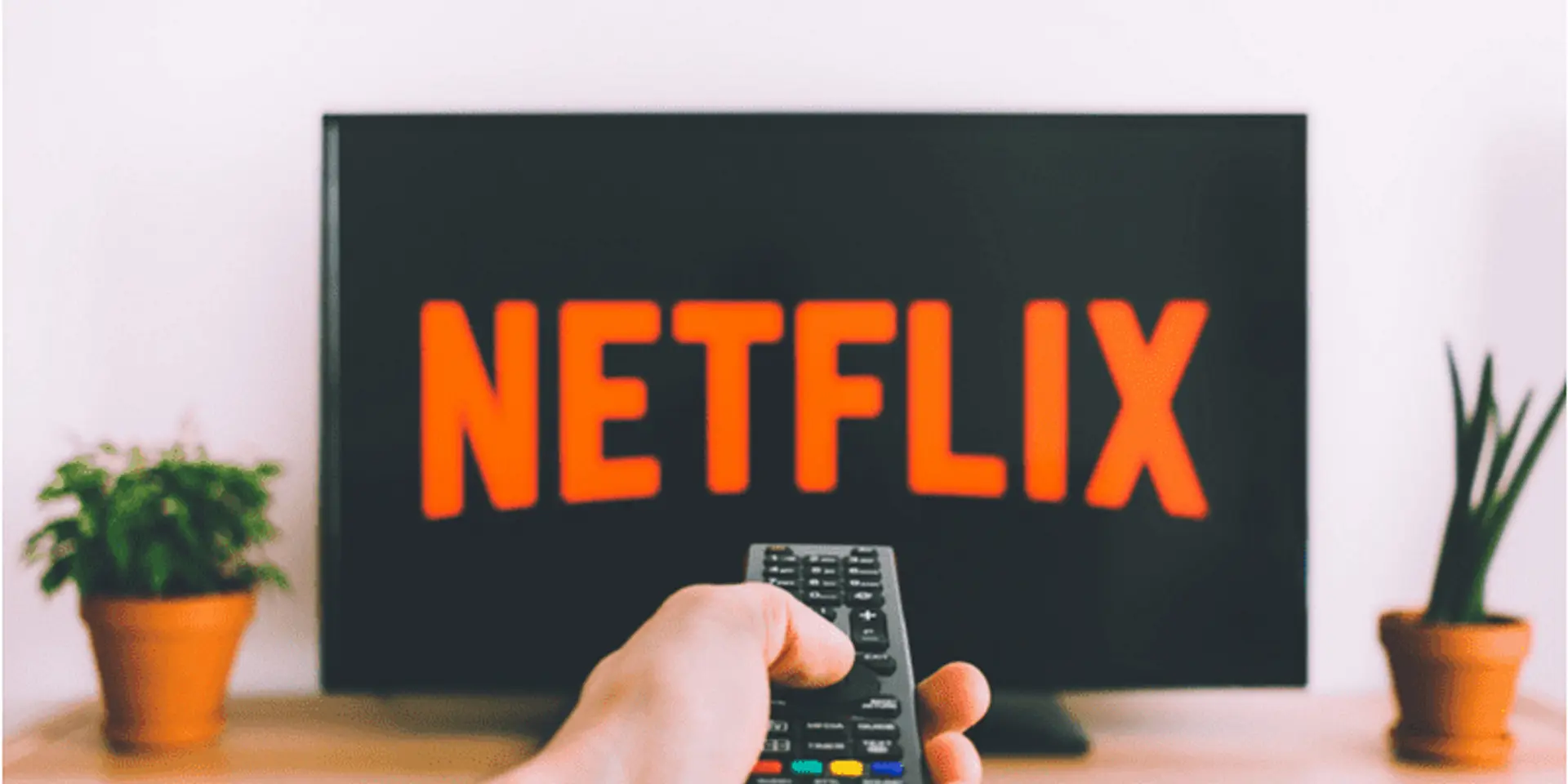Netflix, Amazon Prime, AltBalaji among 17 signatories announce self-regulation code toolkit along with IAMAI
The Internet and Mobile Association of India (IAMAI) announced the adoption of a comprehensive Implementation Toolkit, with Netflix, Amazon Prime, Disney+Hotstar, AltBalaji, Jio Cinema, Voot, Hungama, Shemaroo, Discovery Plus, Aha, and Lionsgate Play as signatories.
The debate between the OTT platforms and the regulatory bodies is ongoing, after the Universal Self-Regulation Code (“Code”) for Online Curated Content Providers (“OCCP”) was put in motion in September 2020. In line with this, The Internet and Mobile Association of India (IAMAI) today announced the adoption of a comprehensive Implementation Toolkit (“Tool Kit”).
The core purpose of this “Tool Kit” is to list down procedures to effectuate the various provisions of the Code; assist the signatories in fulfilling their commitments and responsibilities as set out in the Code; and to achieve effective self-regulation goals as envisioned by the signatories of the Code.
Importantly, the Tool Kit provides for the signatories making efforts to address the feedback received from the Ministry of Information and Broadcasting inter-alia, on the issues of conflict of interest and prohibited content.
Effective from February 10, 2021, the code has been adopted by 17 of the leading platforms — Netflix, Amazon Prime, Disney+Hotstar, AltBalaji, Jio Cinema, Voot, Hungama, Shemaroo, Discovery Plus, Aha, and Lionsgate Play.
Bhanupreet Saini, Vice President, IAMAI, says,
“The idea is to bring a self-regulation code seamlessly across all platforms. The toolkit brings in essential guidelines and guiding principles, laws of the land, and how content can work along with these frameworks. It also emphasises the creative teams and the connect with consumers, education, and facilities to work within a framework. There also is a complete redressal mechanism brought in independent members as part of the advisory panel. There also is a committee to address escalations.”

He explained that the IAMAI will constitute the first-of-its-kind ‘IAMAI Secretariat for the Code’ comprising of representatives of the signatories to the Code and IAMAI, which will administer the implementation of the Code and the Toolkit.
IAMAI aims to develop a process to seek periodic updates from the signatories regarding their progress with respect to compliance with the provisions of the Code.
The core factors the tool kit will focus on:
- Relevant laws of the land which will be adhered to by the signatories.
- Fair and transparent functioning of the grievance redressal mechanism.
- Escalation to an advisory panel with independent members.
- Training programmes for creative and legal teams of OCCPs to enhance the knowledge.
- Nuances of laws that govern content.
- Awareness programmes for consumers to help increase understanding and use of age rating,
- Content descriptor and parental controls
- Implementation of a detailed audit and compliance mechanism.
A lot has been brewing over the last couple of weeks in terms of OTT platforms and the regulations. There have been several petitions seeking the regulation of the OTT platforms. Earlier today, the Central Government has filed a transfer petition in the Supreme Court, seeking transfer of cases pending in different High Courts for the regulation of these platforms.
According to Livelaw, the focus of this petition is to bring in guidelines to regulate the content streamed on these platforms. This content currently falls outside the regulatory framework Central Board of Film Certification under the Cinematograph Act.
Edited by Kanishk Singh




